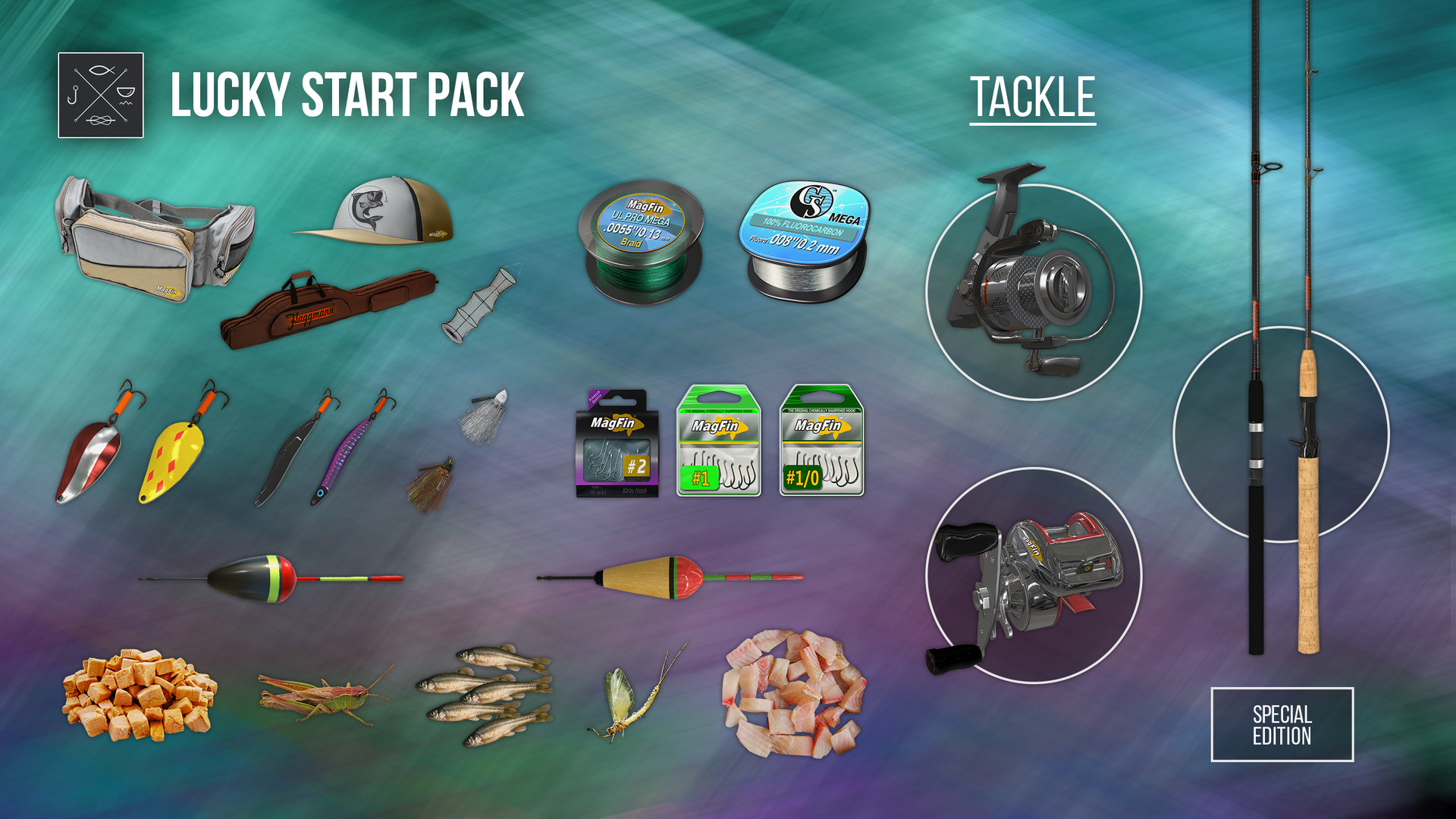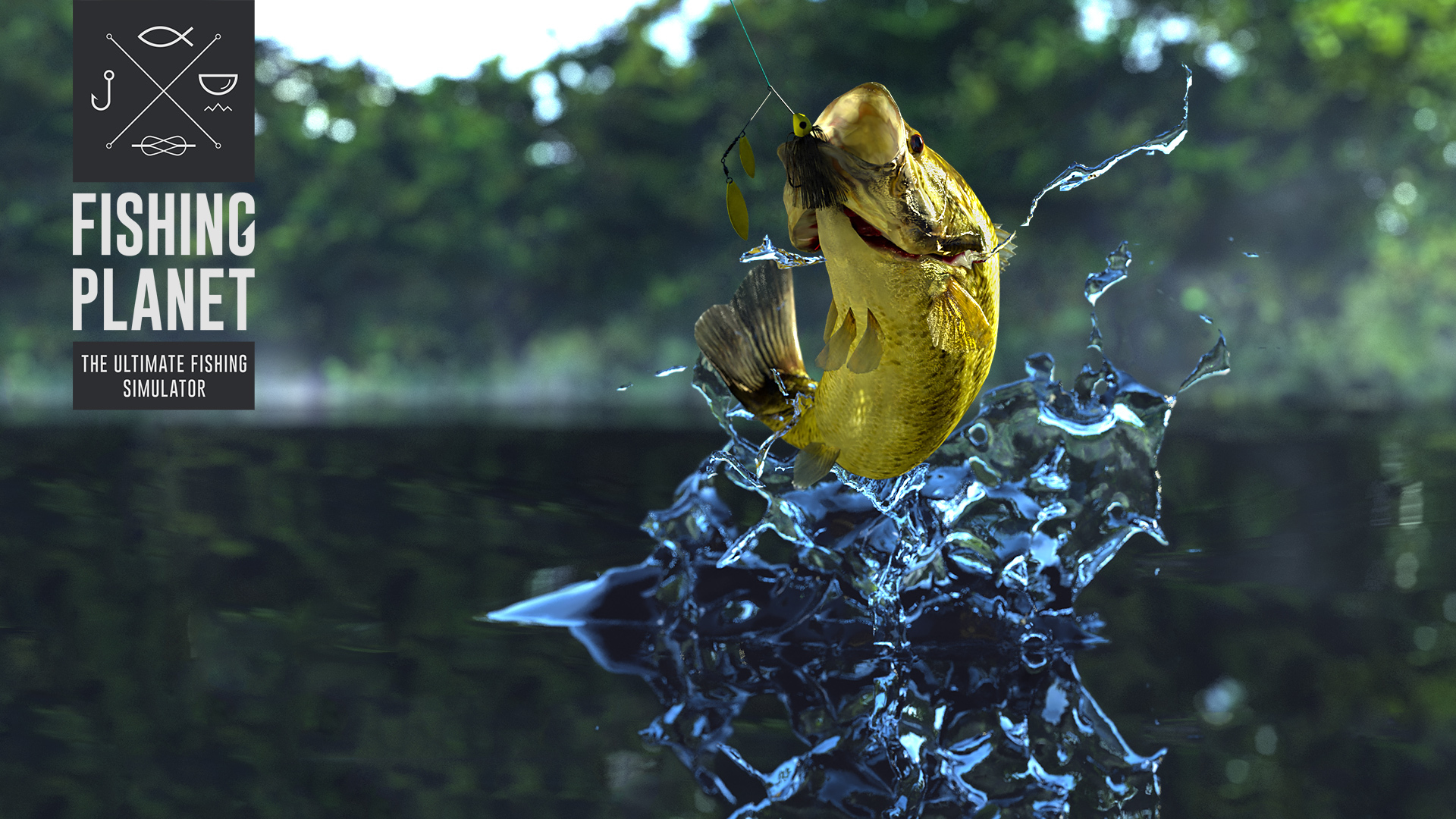


When it comes to the oceans it seems as if it’s about all that the industry connected mega-foundations that support the anti-fishing ENGOs with hundreds of millions of dollars a year in “donations” are interested in controlling. It’s all about fishing, because fishing is all that the managers can control it’s their Maslow’s Hammer.

Hence the term “overfished.” Hence the mandated knee jerk reaction of the fisheries managers to not enough fish cut back on fishing. While it’s a fact that’s hardly ever acknowledged, the assumption in fisheries management is that if the population of a stock of fish isn’t at some arbitrary level, it’s because of too much fishing. NILS STOLPE: The New England groundfish debacle (Part IV): Is cutting back harvest really the answer? It took me a while to decide how to most accurately describe the situation that has been visited upon the New England fishing communities that are and since colonial times have been dependent on the groundfish fisheries.


 0 kommentar(er)
0 kommentar(er)
